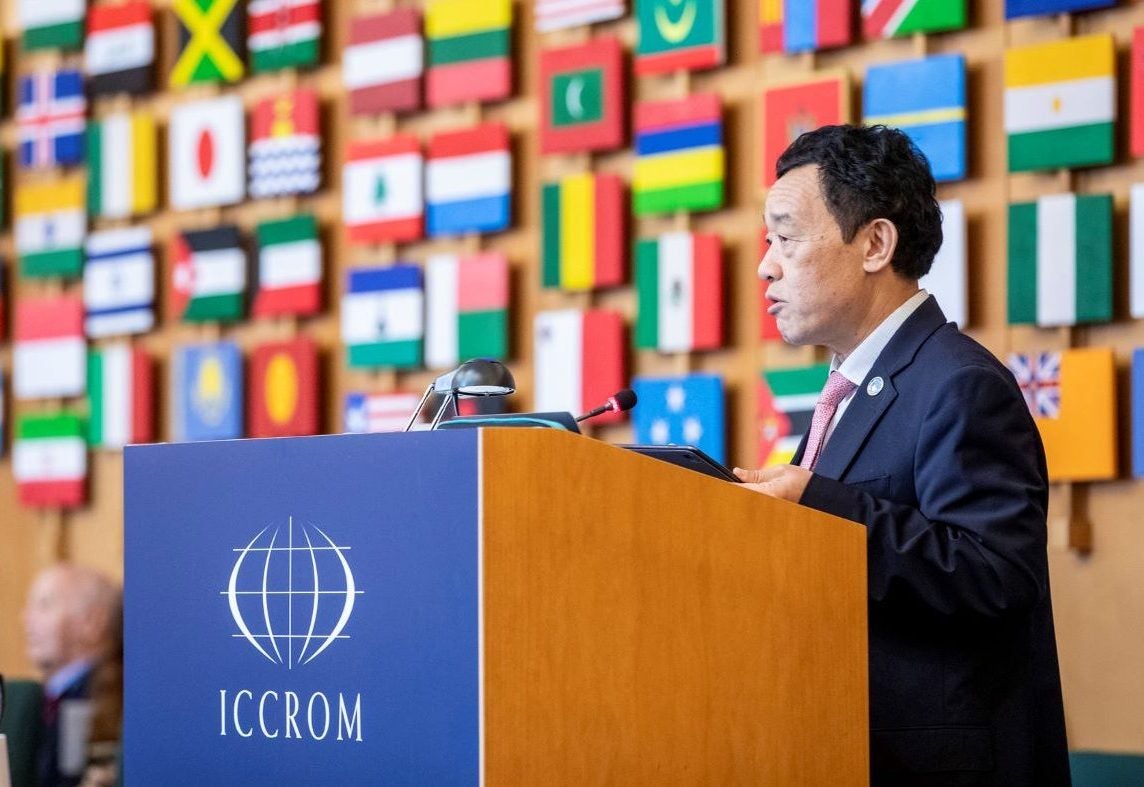
Global agrifood systems produce “hidden costs” of at least $10trn a year, a new study from the Food and Agriculture Organization of the United Nations (FAO) reveals.
Its 2023 The State of Food and Agriculture report is said to be the first of its kind to offer a national-level assessment on “the global quantified hidden costs” of the agrifood sector for 154 countries.
In 2020, those costs amounted to $12.7trn based on purchasing power parity.
The FAO’s initial findings show a sizeable variation between countries in relation to the level of their environmental, social or health hidden costs.
More than 70% of the costs relate to unhealthy diets and the consequential development of obesity and chronic diseases, which the FAO said has caused “labour productivity losses”, especially in high and high- and upper-middle-income nations.
Some 20% of the total costs reported were linked to the environment – relating to greenhouse gas and nitrogen emissions, as well as changes in land-use and water use. These losses were seen most in high and high- and upper-middle-income countries.
Access the most comprehensive Company Profiles
on the market, powered by GlobalData. Save hours of research. Gain competitive edge.

Company Profile – free
sample
Thank you!
Your download email will arrive shortly
We are confident about the
unique
quality of our Company Profiles. However, we want you to make the most
beneficial
decision for your business, so we offer a free sample that you can download by
submitting the below form
By GlobalData
According to the study, the price of the industry’s negative impact on people’s health, the environment and society, represented nearly 10% of the global GDP at 2020 PPP.
This share is much higher in lower-income countries, where agrifood’s hidden costs represented more than a quarter of GDP. A stark comparison to middle-income countries where it took up less than 12%, and less than 8% in high-income countries.
Low-income countries were also more likely to witness hidden costs relating to poverty and undernourishment.
“This signals that improving agrifood systems in low-income countries will be instrumental in addressing these hidden costs,” the report said.
Providing an initial assessment of hidden costs, the FAO said, will help countries better prioritise specific areas for “interventions and investments” in the agrifood system.
Speaking in a statement, FAO Director-General Qu Dongyu said: “In the face of escalating global challenges: food availability, food accessibility and food affordability; climate crisis; biodiversity loss; economic slowdowns and downturns; worsening poverty; and other overlapping crises, the future of our agrifood systems hinges on our willingness to appreciate all food producers, big or small, to acknowledge these true costs, and understand how we all contribute to them, and what actions we need to take.”
Considering its findings, the organisation stressed the “pressing need” for international governments and the private sector to consider these hidden costs in policy development.
It called for more consistent and comprehensive analysis of the food system’s “hidden or ‘true’ costs” on the environment, health, and society, through a process of “true cost accounting” (TCA).
The TCA method is said to offer “a holistic and systemic approach”, which enables better assessment of “the environmental, social, health and economic costs and benefits” of global agrifood systems.
The goal of the approach is to ensure decision-makers “pragmatically leverage already available data and information for an initial understanding of agrifood systems, including the most important data gaps”, to better support their choices.
Qu added: “I hope that this report will serve as a call to action for all partners – from policymakers and private-sector actors to researchers and consumers – and inspire a collective commitment to transform our agrifood systems for the betterment of all.”

